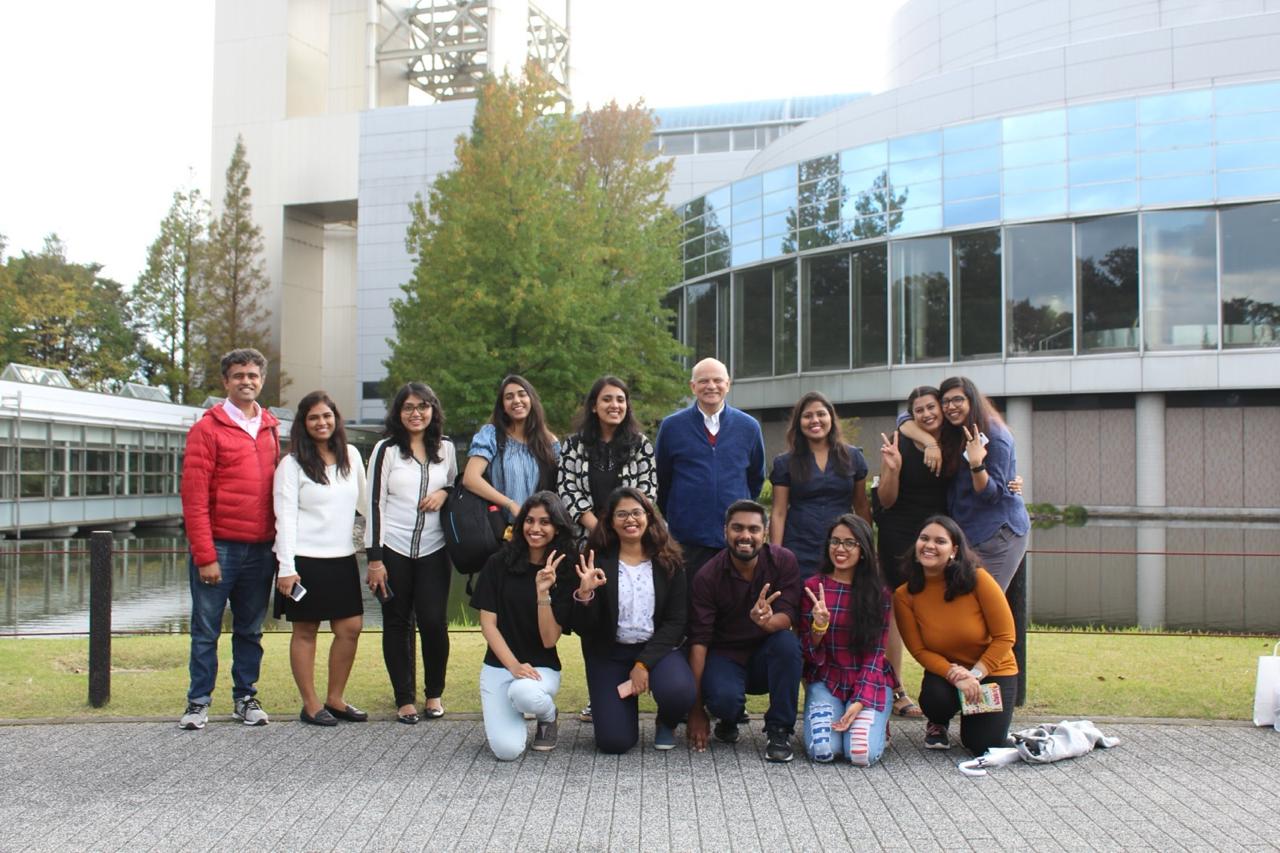Master Training Programs - Lean Certifications
The Lean Imperative
The world is moving at a faster pace than ever before. Customers now have a much wider choice, putting pressure on enterprises to respond faster, deliver better quality, and remain flexible while maintaining cost competitiveness. Lean Thinking helps enterprises adapt and deliver value in such a competitive business environment. It is more than just a philosophy; it is a way of life that emphasizes the optimal use of available resources to drive tangible improvements in productivity, quality, cost, delivery, safety, and morale. Lean is neutral to industry size and is applicable across manufacturing, services, agriculture, retail, infrastructure, and IT.
About KIAP Certifications
The certifications open new pathways for professionals to advance their careers, step into Operational Excellence or consulting roles, build strong management capabilities for senior positions, and be fully prepared for future coaching and leadership success. Organizations sponsoring candidates or looking to have these programs conducted in-house will benefit through immediate process and system level improvements as well as motivated employees who will add further value through their stint there.
We bring our proven expertise in transforming over a hundred organizations to achieve operational and business excellence through Lean to our Master Training Certification Programs. KIAP Lean facilitators are certified by recognized institutions including the National Productivity Council (NPC) and Quality Council of India (QCI). Our Lean certification programs emphasize “Learning by Doing.” Participants do not just study Lean concepts, tools, and techniques. They apply them through hands-on projects in their own workplaces and learn through practical case studies, and digital tools. This approach ensures an accelerated learning curve and delivers exceptional value.
In tune with the philosophy of Continual Improvement, our certification programs are designed to enable participants enhance their understanding of Lean in a phased manner. We offer the following Lean certification programs:
| Certification | Learning Objective | Designed For | Program Modules |
|---|---|---|---|
| Lean 4.0 Practitioner | To observe and improve processes using Lean concepts. | Entry-level professionals, line leaders, process engineers, and section in-charges. | Download the brochure |
| Lean 4.0 Leader | To diagnose and improve entire value streams. | Managers from operations, quality, PPC and related functions, as well as OPEX and consulting professionals. | Download the brochure |
| Lean 4.0 Champion | To design and implement organization-wide continual improvement programs. | Functional and business heads, plant managers, operational excellence leaders, and senior consultants. | Download the brochure |
Participants can also benefit from optional domestic and foreign industrial visit opportunities . Check out our study tours here.
Featured Case Studies

A Leading Foundry reduced 72% of WIP by MUDA Elimination

De-bottlenecking in a Furniture Manufacturer to improve output

How 90% error reduced by Process Re-design?

Truck and Bus Body Building – Improve production in short time
Featured Business Novel



